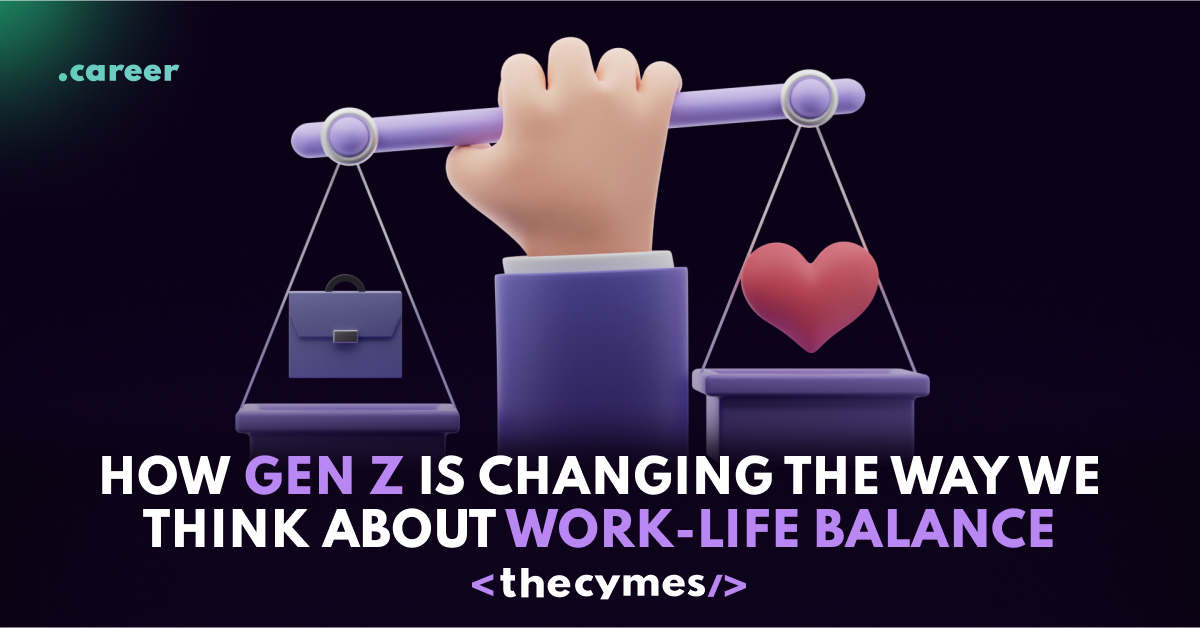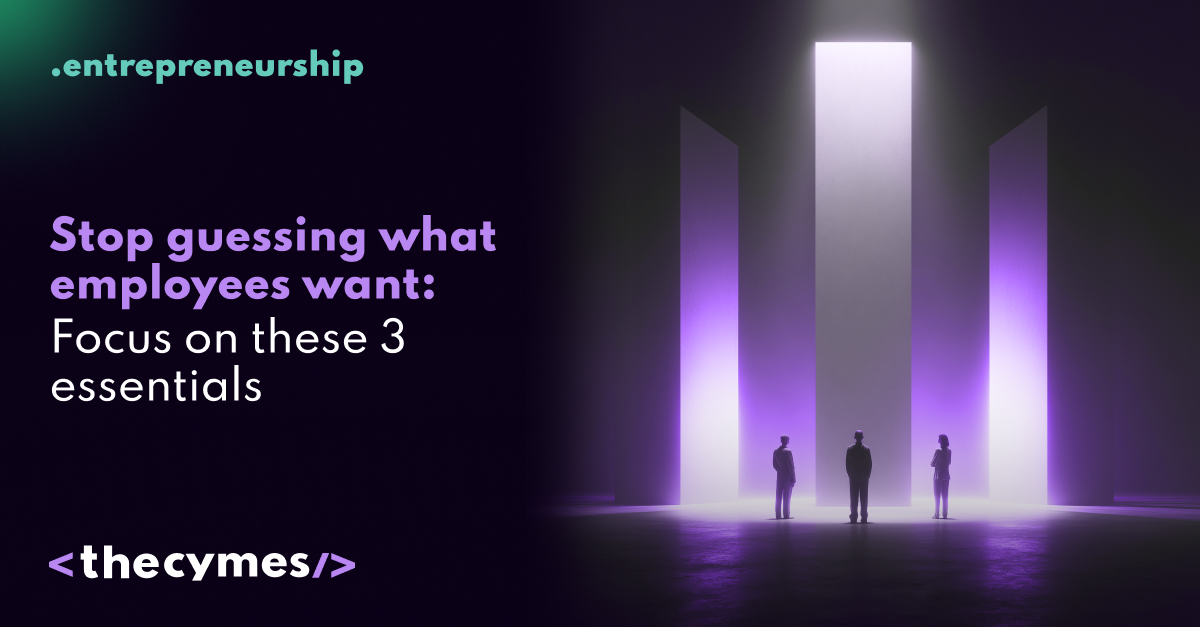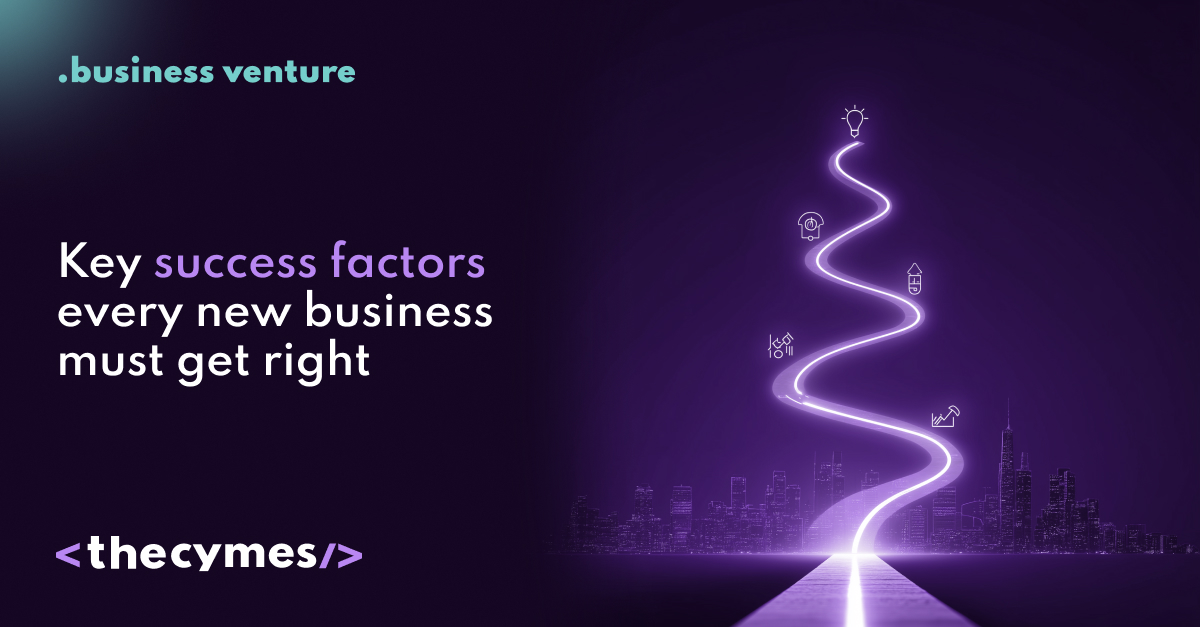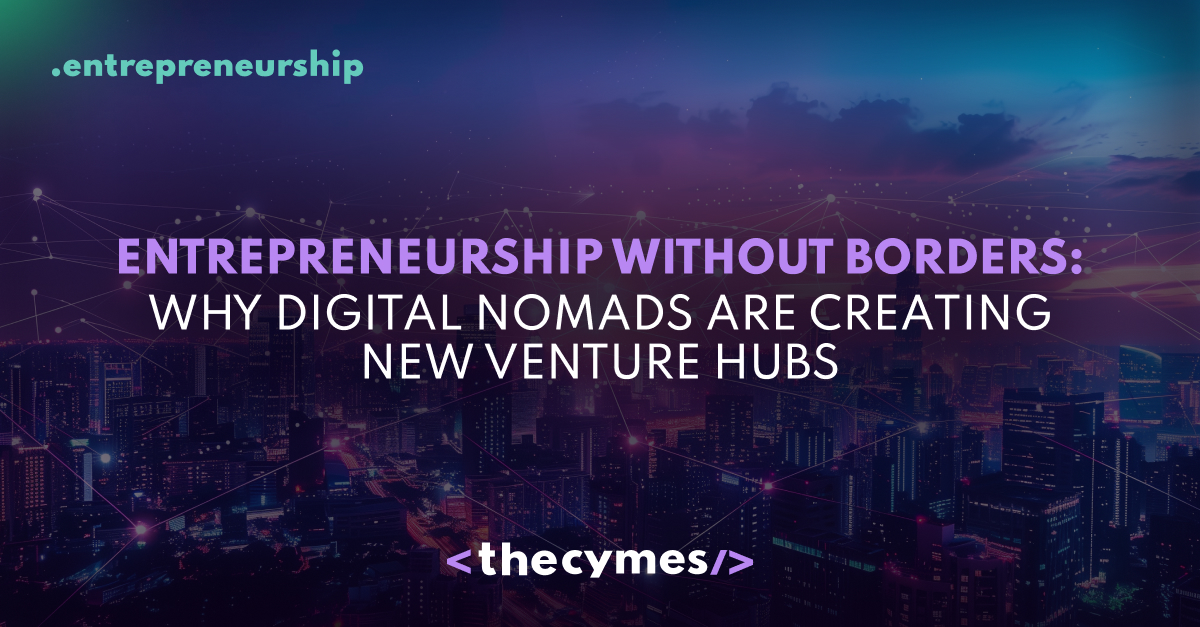.entrepreneurship11 December 12:58
0<
How Gen Z is changing the way we think about work-life balance
/>Explore the changes by Gen Z in workspaces. We're not dreaming. We're doing! be updated on the latest tech newsGet exclusive news updates and overview on tech market




